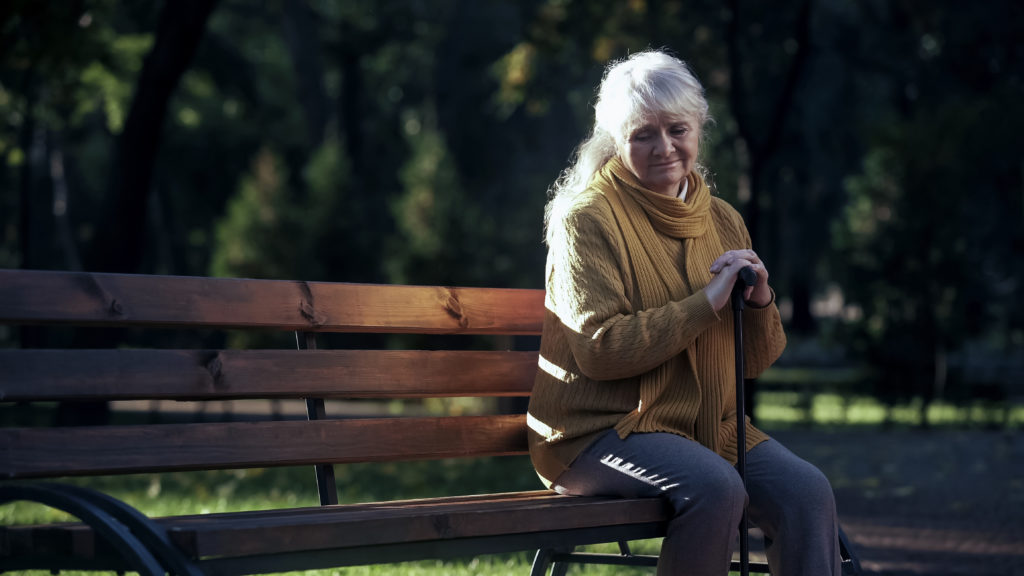Quick Hits
Daily brief research updates from the cognitive sciences

Neurodivergence is term that describes those that are not “neurotypical” such as those with autism and ADHD. In the surge of research into loneliness spurred by the pandemic it has also been clear that loneliness has impacted these people much more intensively and also has a relationship with cardiovascular health.
Janine Gronewold has recently reviewed this and explored the reasons behind this. Though this is slightly paradoxical i.e. autistic people do not relate to people in the same way as most of us do and so we may assume, falsely that they don’t want human engagement. In fact, this different pattern of engaging with people is just what has increased stress and loneliness because it has changed patterns and opportunities to interact which can, in this population group increase anxiety and stress and therefore also impact cardiovascular health.
An interesting review and shows that loneliness impacts us all but in different ways and that we should be conscious to engage with neurodivergent individuals – especially during a pandemic.

Andy Habermacher
Andy is author of leading brains Review, Neuroleadership, and multiple other books. He has been intensively involved in writing and research into neuroleadership and is considered one of Europe’s leading experts. He is also a well-known public speaker speaking on the brain and human behaviour.
Andy is also a masters athlete (middle distance running) and competes regularly at international competitions (and holds a few national records in his age category).
Reference
Gronewold, Janine; Engels, Miriam
The Lonely Brain – Associations Between Social Isolation and (Cerebro-) Vascular Disease From the Perspective of Social Neuroscience
Frontiers in Integrative Neuroscience
25th January 2022
https://doi.org/10.3389/fnint.2022.729621
More Quick Hits
Can Having More Children Reduce Cognitive Functioning?
Quick HitsDaily brief research updates from the cognitive sciences aving more children and late life cognition is not something that is generally researched. There are more obvious avenues such as diet, education, exercise, or socio-economic...
How Sleep Helps Your Brain Manage Fear
Quick HitsDaily brief research updates from the cognitive sciences leep on i” is common advice for many reasons. Often to consolidate thoughts and help boost creativity. This is a well-known effect. We also know that sleep is the time that helps to...
Video games can boost children’s intelligence
Quick HitsDaily brief research updates from the cognitive sciences ell, this is not the answer many of us would expect, and it goes against other logic of spending more time doing other things such as reading or socialising with friends...
Just how many people get COVID brain?
Quick HitsDaily brief research updates from the cognitive sciences here are many questions still open about COVID and the brain. There is no doubt that long COVID exists, and this can have dramatic impacts on people’s lives. But just how...
Brain networks and losing weight – successfully or not
Quick HitsDaily brief research updates from the cognitive sciences s weight loss all in the mind? Well, with the danger of oversimplifying a complex topic, this latest research shows it is, and shows precisely how and with what networks. So,...
Reversing aging – with poo!
Quick HitsDaily brief research updates from the cognitive sciences ho wouldn't want to age better - well the results of an unsual study are in and the results are promising and may make many of you who are aging prick up your ears. The...






